Ophiopogon japonicus is slightly cold in nature, and should not be consumed by individuals with spleen and stomach deficiency cold, wind cold cold cold, or allergic constitution. Ophiopogon japonicus is suitable for pairing with ingredients such as jade bamboo, lily, sand ginseng, wolfberry, lean meat, etc. to make soup. It can nourish yin, moisten dryness, nourish the stomach and promote diuresis.
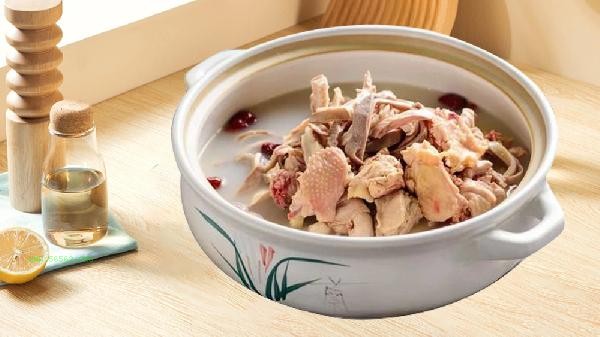
1. Not suitable population
Eating Ophiopogon japonicus may worsen abdominal pain and diarrhea symptoms for people with spleen and stomach deficiency and cold, as Ophiopogon japonicus's mild coldness can easily damage yang qi. In the early stages of wind cold and cold, patients taking Ophiopogon japonicus may retain evil qi and delay the recovery of the disease. People with allergies may experience skin itching, redness, and other allergic reactions when exposed to Ophiopogon japonicus. It is important to observe carefully when consuming it for the first time.
II. Compatibility Recommendation
Maidong Yuzhu Lean Meat Soup is suitable for those with yin deficiency and dry cough, and Yuzhu enhances the nourishing effect of yin. Ophiopogon Lily and Lotus Seed Soup can calm the mind, aid in sleep, and alleviate restlessness and insomnia. Mai Dong Sha Shen Lao Ya Tang is effective in treating lung dryness and dry cough, while Sha Shen can supplement lung yin. Maidong Goji Black Chicken Soup nourishes the liver and kidneys, and improves soreness and weakness in the waist and knees. Ophiopogon japonicus snow pear Pig Lung Soup moistens the lungs and stops coughing. It is suitable for eating in the dry season in autumn.
III. Principle of Combination
Jade bamboo and Ophiopogon japonicus are both nourishing yin medicinal herbs, and their combination can synergistically increase efficiency. Lily clears the heart and moistens the lungs, and together with Ophiopogon japonicus, they play the role of nourishing yin and calming the mind. Sand ginseng nourishes the yin of the lungs and stomach, forming a nourishing synergy with Ophiopogon japonicus. Goji berries nourish the liver and kidneys, and can neutralize the coldness of Ophiopogon japonicus. Animal based ingredients such as lean meat can increase the nutrition of soup and alleviate the greasiness of Ophiopogon japonicus.
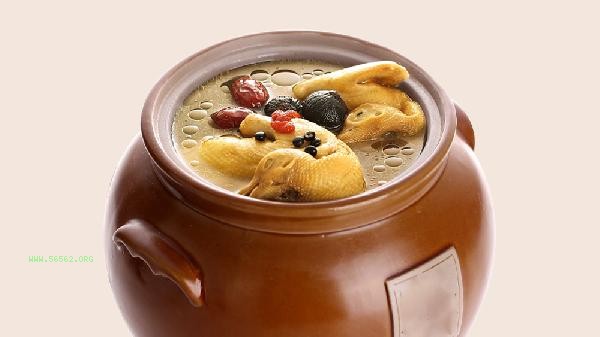
4. Cooking Techniques
Before making soup, soak the Ophiopogon japonicus for 30 minutes to remove impurities. When pairing with meat, blanch to remove fishy smell and stew with Ophiopogon for 1-2 hours. Vegetarian pairing can be seasoned with red dates to reduce coldness. Using a clay pot to simmer over low heat can better release medicinal effects. Add easily cooked ingredients such as goji berries 15 minutes before making the soup to avoid overcooking.
V. Precautions
It is recommended to control the daily dosage of Ophiopogon japonicus within 10 grams, as excessive intake may cause bloating. Continuous consumption should not exceed two weeks, and long-term use requires guidance from traditional Chinese medicine. Special populations such as children and pregnant women should consult a physician before use. Avoid eating spicy and stimulating foods during use. If there is a decrease in appetite or loose stool, it should be discontinued.
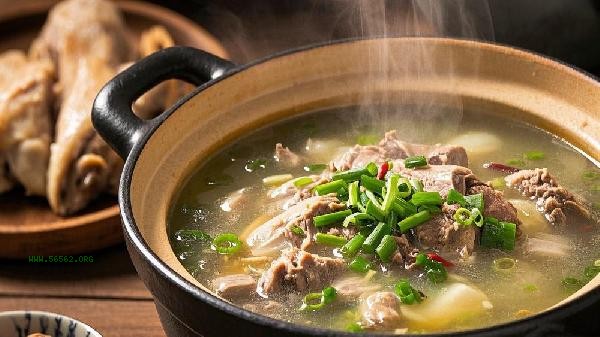
Ophiopogon japonicus Tonic Diet is suitable for autumn health care. It is recommended to take it 2-3 times a week. The combination of ingredients can be adjusted according to physical constitution. For those with yin deficiency and excessive fire, silver ear can be added to enhance the moisturizing effect. For those with insufficient qi and blood, a small amount of Angelica sinensis can be added. Drinking Mai Dong Tang can be combined with pressing nourishing yin acupoints such as Taixi and Sanyinjiao to avoid staying up late and damaging yin in daily life. If there are obvious discomfort symptoms, stop eating and seek medical examination in a timely manner.

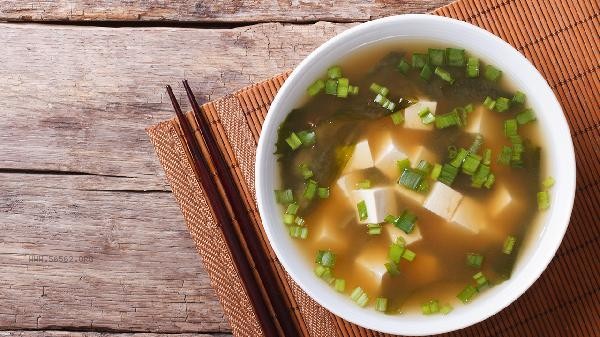
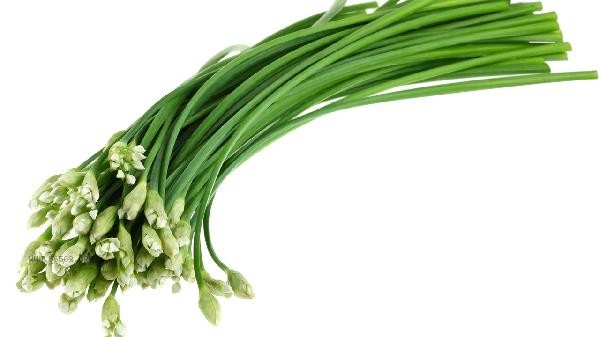

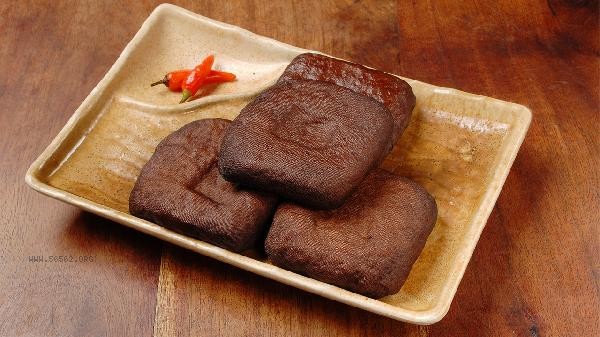



Comments (0)
Leave a Comment
No comments yet
Be the first to share your thoughts!